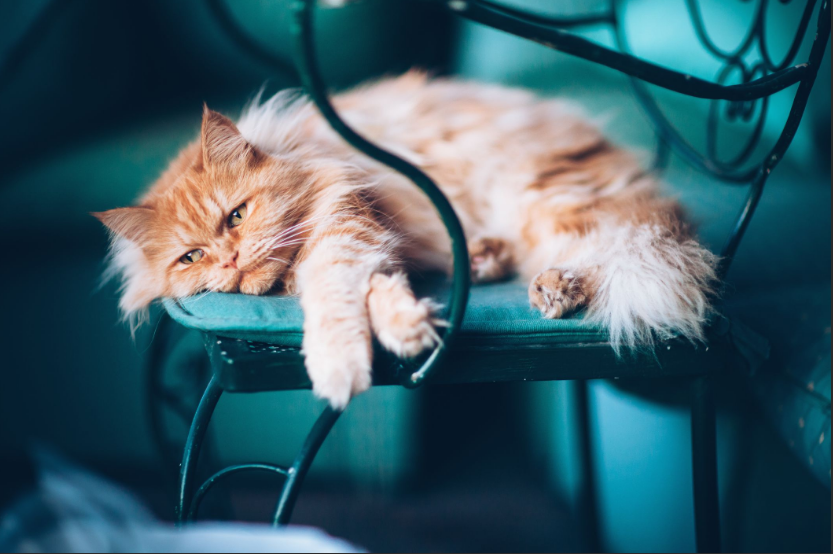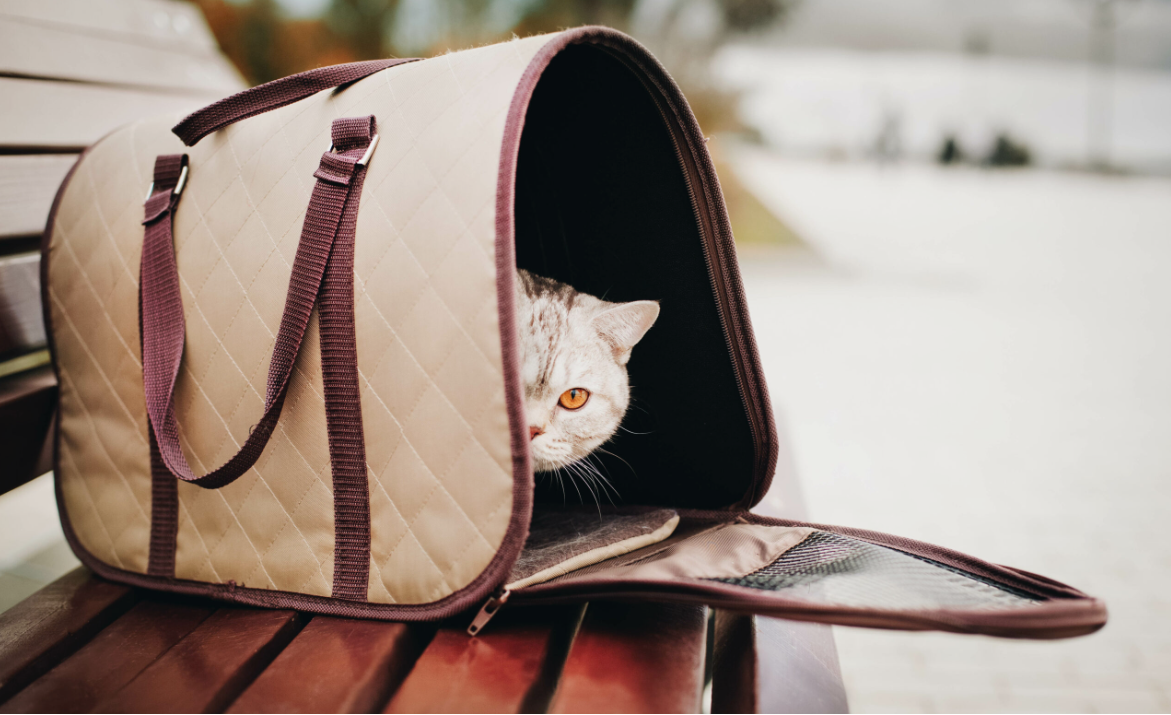The ideal duration for leaving your cat alone without compromising their well-being
The ideal duration for leaving your cat alone without compromising their well-being
Cat Alone Time
Cats are independent creatures by nature, and they typically spend a significant amount of time alone even when we are at home. However, there are instances when we need to leave our furry friends alone for an extended period. Whether it's for work, travel, or other commitments, it's essential to consider the ideal duration for leaving your cat alone without compromising their well-being.
Ideal Time Away for Cats
When determining the ideal time to leave your cat alone, several factors need to be considered:
1. Age and Health
The age and health of your cat play a crucial role in determining how long they can be left alone. Kittens and senior cats may require more attention and care, making it necessary to limit their alone time. Additionally, cats with specific health conditions or special needs may need additional supervision and care.
2. Socialization
Cats are social animals and thrive on human companionship. While they may enjoy some alone time, they also crave interaction with their owners. If you're leaving your cat alone for an extended period, ensure they have enough socialization before and after, such as playtime, cuddling, and attention.
3. Access to Basic Needs
Before leaving your cat alone, make sure they have access to their basic needs. These include fresh water, food, a clean litter box, and a comfortable resting area. Providing interactive toys or puzzle feeders can also help keep them mentally stimulated in your absence.
4. Environmental Enrichment
Creating a stimulating environment for your cat can help prevent boredom and anxiety during their alone time. Consider leaving out toys, scratching posts, and interactive play areas to keep them engaged and entertained. You may also want to leave a piece of clothing with your scent to provide comfort.
5. Gradual Increase in Alone Time
If your cat is not used to being alone for long periods, it's essential to gradually increase their alone time. Start with shorter intervals and progressively extend the duration, allowing them to adjust and feel more comfortable. This gradual process can help prevent stress and anxiety associated with extended periods of solitude.
6. Professional Pet Sitters or Boarding
If you need to be away for an extended period or if your cat requires special care, consider hiring a professional pet sitter or opting for boarding services. These options provide your cat with the necessary care, attention, and human interaction they need while you're away.
Impact of Solitude on Cats
While cats are generally independent animals, prolonged solitude can have an impact on their well-being. Here are some potential effects:
1. Loneliness and Depression
Cats are creatures that thrive on companionship, and extended periods of isolation may lead to feelings of loneliness and depression. They may become withdrawn, exhibit changes in behavior or appetite, and may even develop stress-related medical conditions.
2. Boredom and Destructive Behavior
Without adequate mental and physical stimulation, cats may become bored and resort to destructive behavior. This can include scratching furniture, excessive meowing, or even litter box issues. Providing environmental enrichment and interactive toys can help alleviate boredom and prevent destructive habits.
3. Increased Stress and Anxiety
Cats are sensitive animals, and extended periods of solitude can lead to increased stress and anxiety. Signs of stress in cats can manifest as excessive grooming, hiding, aggression, or changes in litter box habits. It's crucial to ensure they have a stimulating and comfortable environment to minimize stress.
4. Lack of Medical Attention
In some cases, leaving your cat alone for an extended period may make it challenging to provide immediate medical attention in case of an emergency. It's essential to have a plan in place, such as leaving emergency contact information for a trusted neighbor or family member.
In conclusion, while cats can handle some alone time, it's crucial to consider their individual needs, age, and health when determining the ideal duration. Providing them with access to basic needs, environmental enrichment, and gradual increases in alone time can help ensure their well-being. If you need to be away for an extended period, professional pet sitters or boarding services may be a suitable option. Remember, a happy and content cat is a healthy cat.





